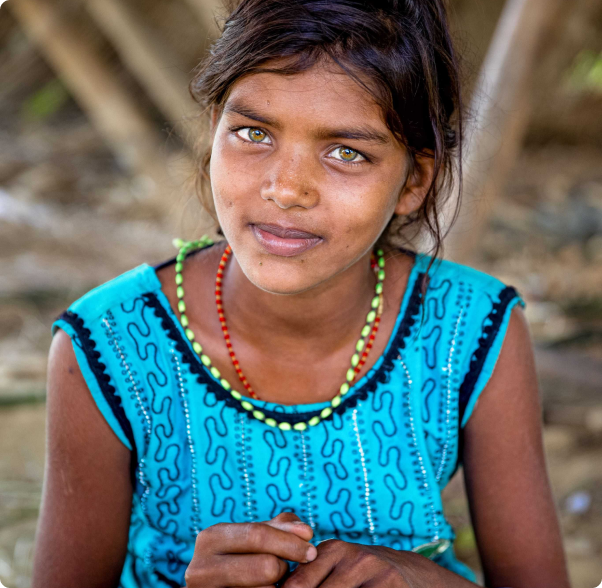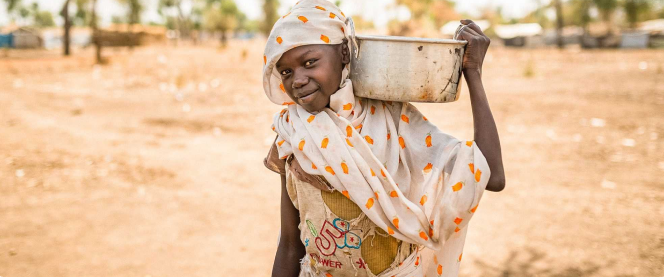Summary
As the oldest independent nation in Africa and one of the oldest in the world, Ethiopia has developed a rich and distinct cultural heritage. Unlike many African nations, Ethiopia has never been colonized, though it was briefly occupied by Italy. Known as Abyssinia until the 20th century, the nation was ruled by an age-old monarchy. Landlocked since Eritrea became independent in 1993, Ethiopia also shares borders with Somalia, Kenya, Sudan, and Djibouti in eastern Africa. Ethiopian coffee, enjoyed throughout the world, is the nation’s main export.
Agriculture has been the foundation of the Ethiopian economy for centuries, but years of over-cultivation and unreliable weather caused frequent droughts, famines, and eventually civil unrest. As a result, a Marxist junta overthrew the long running monarchy in 1974. Many of the same problems brought an end to the junta in 1991 and led to the establishment of a democratic government. Though now considered one of Africa’s most stable nations, the previous troubled years have also left Ethiopia one of the poorest. Many of its people are starving, and two-thirds are illiterate. The government has recognized the need for economic changes, has implemented improved agricultural practices, and is accepting food aid, which has helped reduce the number of those starving.
Christianity has a long history in Ethiopia. Since its introduction in the fourth century and the establishment of the Ethiopian Orthodox Church in 1270, Christianity has been a part of everyday life in Ethiopia. Persecution during the Marxist junta was severe but brought many to Christ. Evangelicals increased significantly and are still active in ministry under the current freedoms. Approximately sixty percent of Ethiopians consider themselves Christians. Frequently existing in peace among the Christians is a strong Muslim influence (34%), but some Islamic groups are threatening that fragile peace. Christian churches in Ethiopia have recognized the need to work together to strengthen believers and to find ways to minister to the poor.




